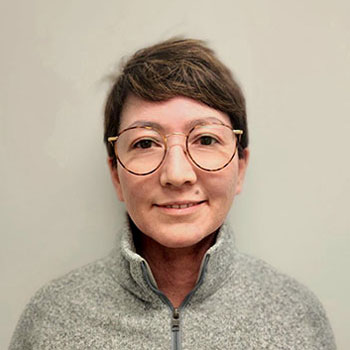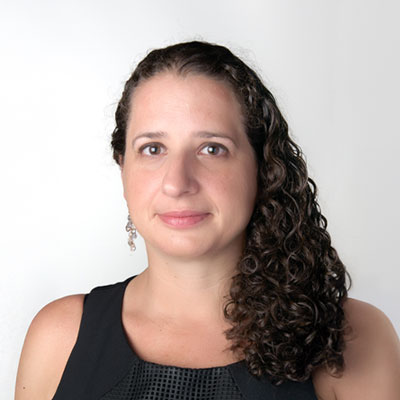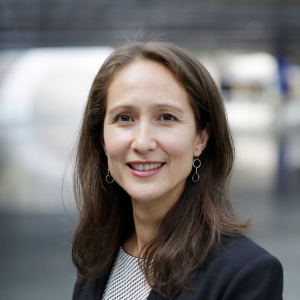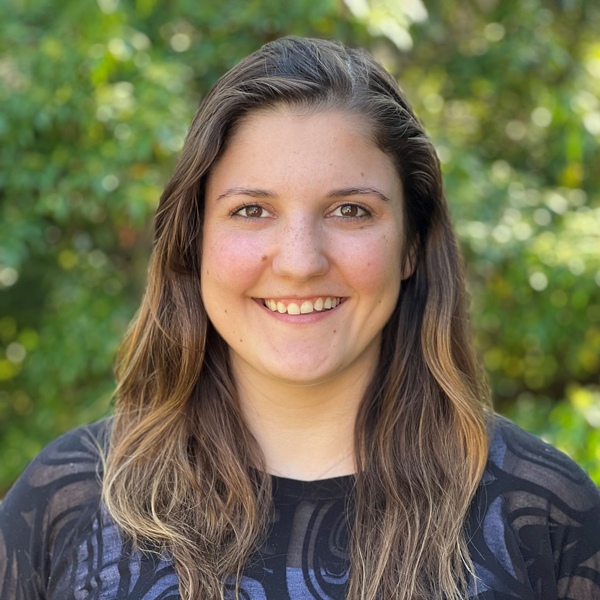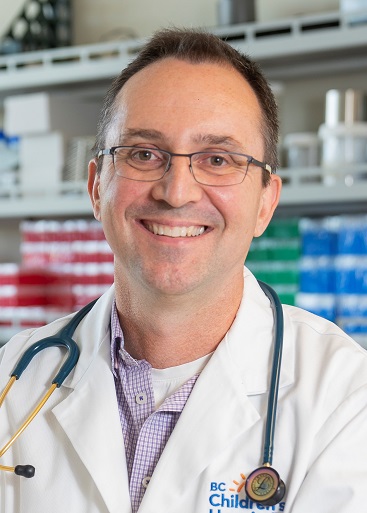Meet Dr. Chris Morrow, Executive Medical Director, Continuing Professional Development.
Name:
Dr. Chris Morrow
My pronouns:
He/him
Title:
Executive Medical Director, Continuing Professional Development
Campus:
City Square

How long have you worked at the UBC Faculty of Medicine?
More than 20 years as a clinical faculty member doing clinical and didactic teaching, and six years in leadership roles.
Tell us what you do at the Faculty in one or two sentences:
As a clinical faculty member in the Department of Emergency Medicine and the Island Medical Program, I teach medical students and residents in clinical, small group and didactic formats. I’m also Site Lead for the portfolio program and Master Teacher for the Island Medical Program. I developed a novel CPD and Faculty Development Program (Physician Education Program) over the last five years and most recently joined UBC Continuing Professional Development (UBC CPD) as Executive Medical Director.
What’s your favourite thing about your work?
I love the human interactions with both patients, staff and administrative teams. I am constantly energized and inspired by the hard work and experience of others. The team at UBC CPD is truly remarkable.
What’s one thing we might be surprised to learn about you?
I am a very skilled napper and can take power naps from 10 to 30 minutes on the spot!
What is your favourite quote and why?
“Success is not final, failure is not fatal: it is the courage to continue that counts.”
Winston Churchill
This quote speaks to me because I believe learning from challenges and “failures” is key to personal and organizational growth — likely one of the reasons I am so committed to professional development activities. Continuing to move forward despite a negative outcome or event builds character, strength and powerful learning.
Share an accomplishment that you are proud of from the past year:
Beginning my new role with UBC CPD this year has been such a rewarding and interesting opportunity. I feel very privileged to be in this role and to work with so many skilled and inspiring colleagues, to reach health professionals in a diversity of fields, and to collaborate with dozens of partners.
With the Faculty of Medicine marking its 75th anniversary in 2025, what excites you most about the future of medicine at UBC?
Things are always changing, and I am excited to see how both medicine and CPD evolve with new technologies and health care priorities. I can’t wait to see how UBC CPD continues to evolve to provide excellent, timely and innovative learning opportunities that not only improve patient care but also contribute to a health professionals’ sense of achievement and wellbeing.
Published: May 2025

